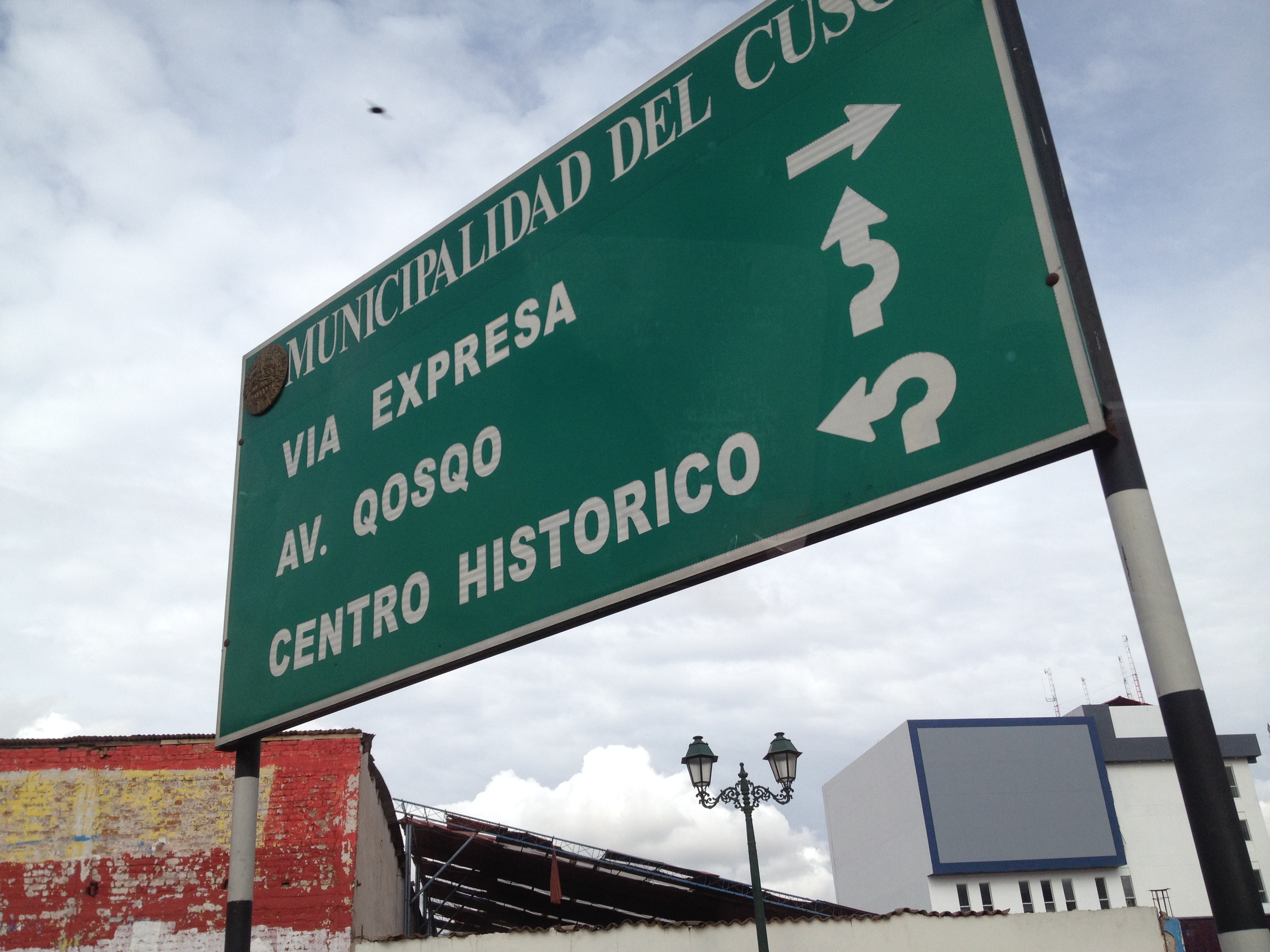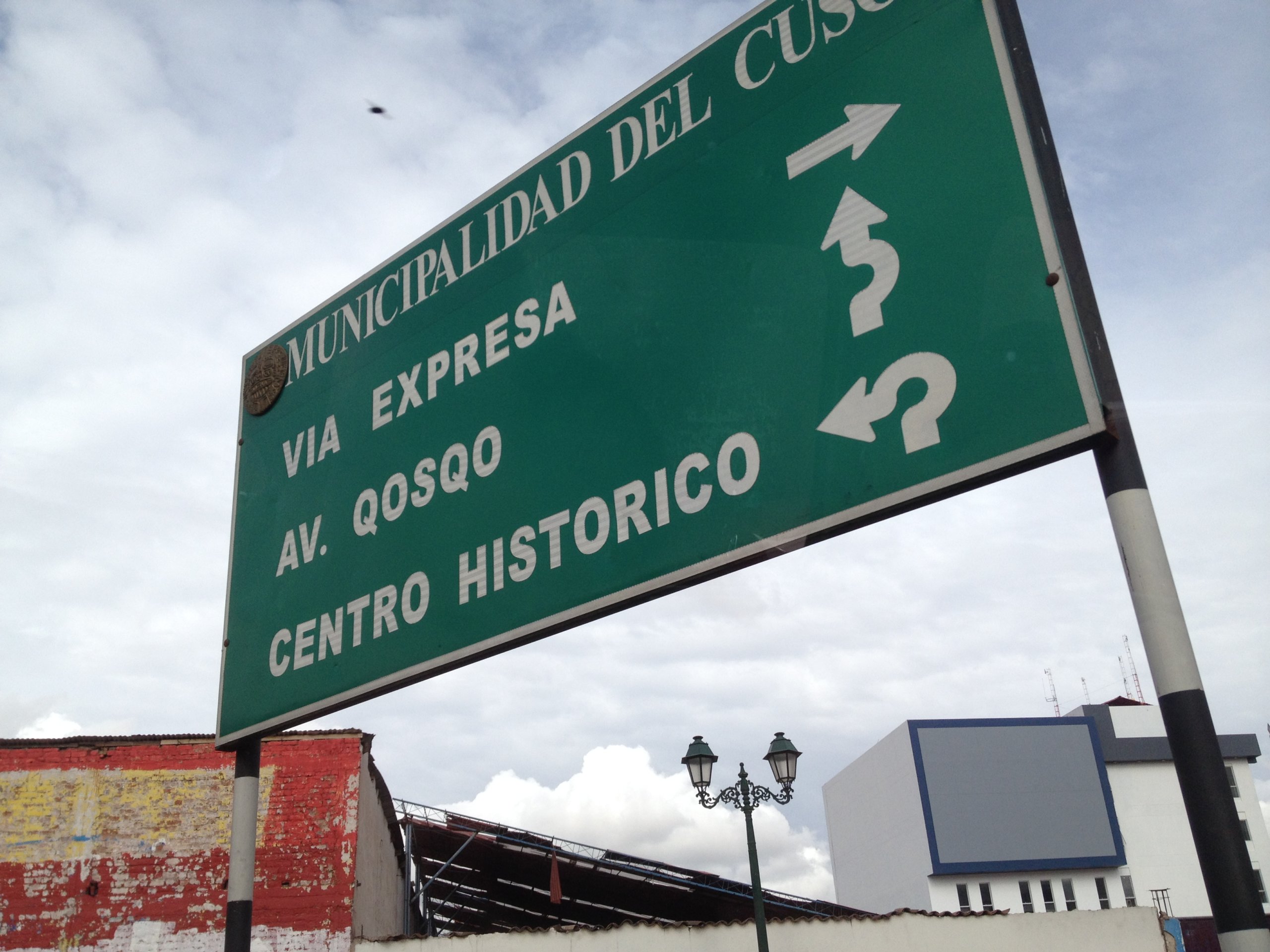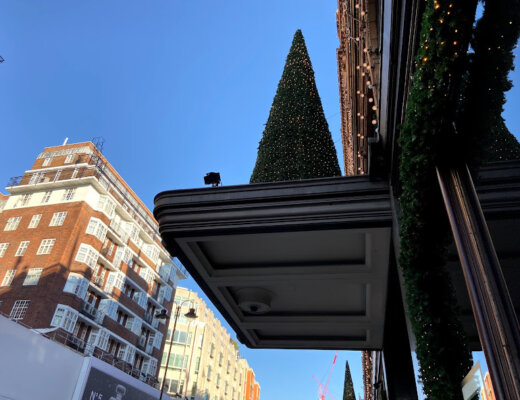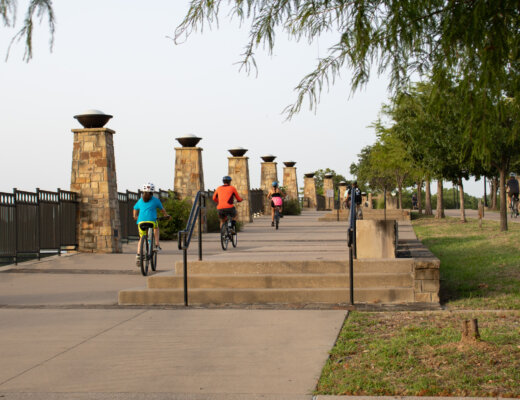For most English-speaking Americans (any English-speakers, really) who travel, life abroad is fairly easy and accommodating. But, communicating overseas can be easy, and even more rewarding, than simply relying on other countries to acquiesce. In fact, the keys to communicating abroad are fairly simple, and all it takes is just a little effort!
In most large, central cities in South America and Europe, signs in important locations essential to travel such as train stations, bus stations, airports and primary roadways oftentimes include English translated texts in addition to the signage in the local tongue. This, however, is not always the case, and can leave our monolingual, English-speaking brethren in a state of panic.
Not to fear! We’re giving you the top reasons why you can and even should learn some basics in the language of your destination, how you’ll maximize your travel experiences in doing so, and how getting it done isn’t nearly as difficult as you probably imagine.

Stick to the basics
In trying to communicate overseas, the goal isn’t to have a socio-economical debate with a member of the Kremlin the next time you’re in Russia, it’s to get around and feel comfortable in doing so. If language isn’t your thing and you’re learning out of necessity, stick to the basics.

But, what are the basics?
This is really a two-tier question. The first tier are the basic basics of communicating in another language while you’re traveling. Knowing how to say hello, goodbye, please, thank you and “you’re welcome” is a great place to start.
Beyond that, concentrate on things that (absent of an English translation), you’ll be lost without. Learn the words for “entrance” and “exit”. Knowing how to say “menu”, “drink”, “bathroom” and “chicken” when in Eastern Europe, for example, can completely change your dining experience.
Also, think about your trip and your itinerary in terms of words you might need. Do you have a boating excursion planning? Maybe you should look-up and learn the word for “boat” and “where is…”
Don’t assume you’ll find everything easily and think in terms of “I need to know how to say (blank) in case of (blank).” All-in-all, the list should be under 25-30 words, which you can easily memorize in couple of weeks.
Why should I bother? Doesn’t everyone speak English?
In general, yes. You can get around in most popular tourist locations without straying away from the English language. You can have a perfectly nice time doing so. But, if you want to immerse in the local culture, even a little, you’re going to want to go a little rogue.
What do I mean?
You flew to Venice to have great Venician cuisine, stay in a Venician Hotel, to smell the Adriatic, to mingle among the locals with a glass of fine, red wine or a great Italian beer, right? The best places in many locations, the ones with that food, the ones with those locals and the ones in that location may not have English on the outside signage. Why? Because it’s for the locals. And guess what? Those places are cheaper than all the ones the brochures talk about in your hotel!
Those are the places you want to find, and most English-speaking Americans are, quite frankly, afraid of those places. Don’t be. Those are vacation-makers.
So, when you are in Venice and you see that shop sign written totally in Italian, and you smell what’s coming out of it, take a chance. And when you do, please know how to say “Please” and “Thank you”. Your trip will be many-fold more satisfying when you do.
You’ll be treated better

How much better? Depends where you are, but in general, a lot better. Parisians typically don’t care if you’re trying or not, for example, but speaking even a little German in Vienna, Austria provided not one but two great nights of partying with locals that rivaled any experience we’ve ever had– in the U.S. or abroad.
Whether you believe it or not, as an English-speaker (and especially as an American) you belong to one of two classifications when you travel– those that try to communicate abroad, and those that do not try. The group that doesn’t try is, frankly, way bigger than the ones that do. Be original with your vacation, and put a little effort into it. Learn to communicate when traveling!
It’s not that you’ll be treated poorly if you go to Lisbon without learning the slightest Portuguese, it’s just that when you do try, most recipients of English travelers appreciate the effort and ramp up the kindness and hospitality… even just little.
Where can I learn?
Twenty years ago, this may have been a difficult question to answer. Now? Not so much.
In the past few years, there have been an explosion of low-cost online language learning websites and programs which either directly or indirectly have followed the example set my Rosetta Stone– by trying to make language-learning private, interactive and entertaining.
While Rosetta Stone continues to be one of the more expensive options, however, apps and websites like Memrise and Duolingo include a sort of “gamification” of language learning, turning the process into more of an interactive video game (while, of course, teaching you the language) than grind-it-out classrom-style study. The best part is that they’re both completely free resources.
If you want an experience that is a bit more immersive, yet will still cost you under $20 per month on a subscription-style service, you might want to try Babbel. With a great User Interface and excellent usability, Babbel is an excellent option for language learning, and one we’ve used to learn basic Italian and Portuguese before trips.
If you need classroom-style study, language books are still a method I still believe in and use. The best part is that once you buy the book, it’s yours for life to write in and study as you wish, and these types of resources provide a portability that something like Rosetta Stone doesn’t offer. Pack your book and go!
No matter what method you use, one primary key is essential. Speak the language as often as possible. If it’s one word that you know or 100, use them as often as you can. If you eat in an Italian restaurant in your home city, say Grazie instead of “thank you”. Use “si” instead of “yes”.
You’ll be happy you got over the fear, engaged with your travel experience and got the most out of it!




